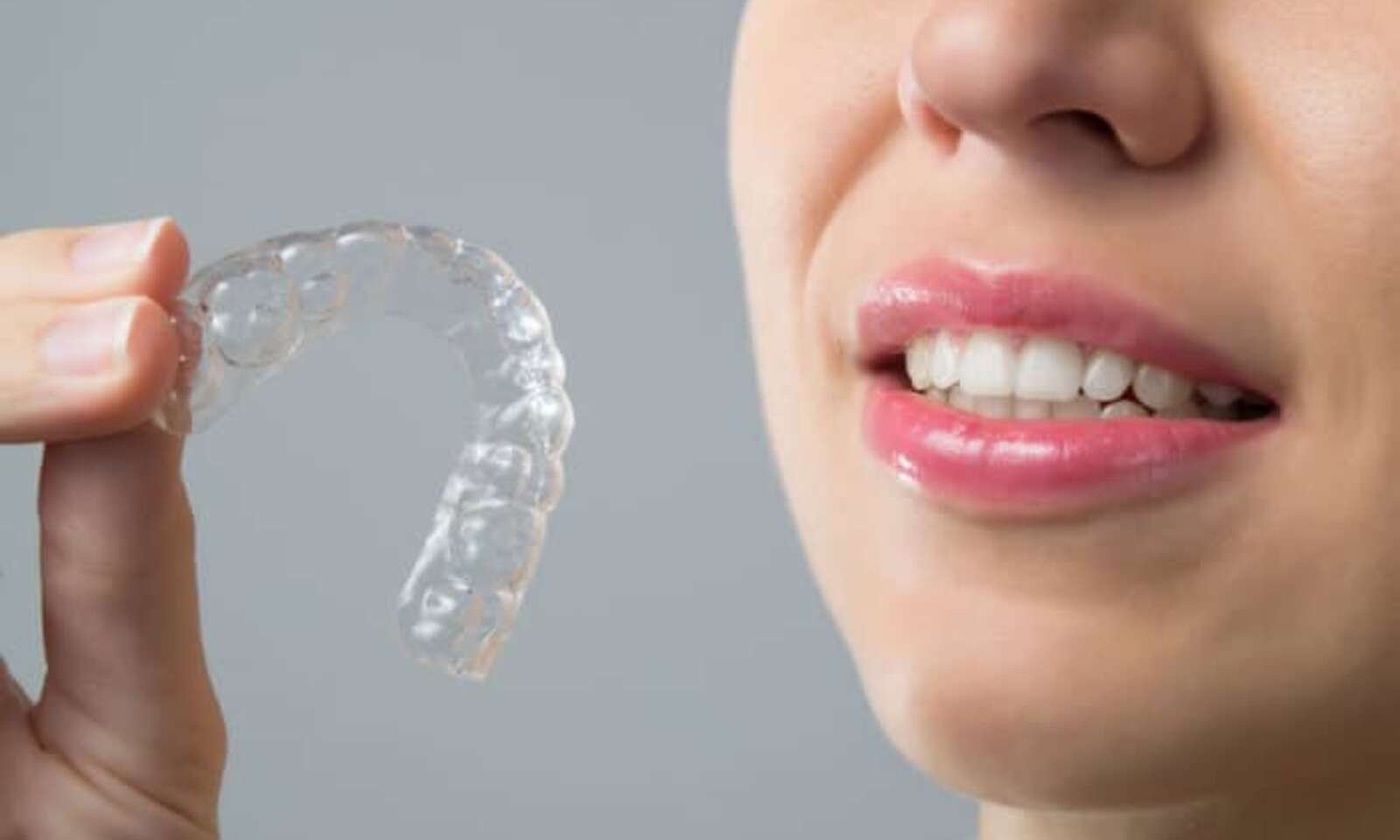
What is a bone graft for dental implant and why is it needed?
Dental implants have revolutionized the way we restore missing teeth, offering a permanent solution that looks and functions like natural teeth. However, not every patient is an immediate candidate for dental implants. One of the most common obstacles is insufficient bone in the jaw to support the implant. This is where a Bone Graft for Dental Implant becomes essential. But what exactly does this procedure involve, and why might it be necessary for treatments like full arch dental implants?
Why Do Some Patients Need a Bone Graft Before Implants?
When a tooth is lost due to decay, trauma, or extraction, the surrounding jawbone can begin to deteriorate over time. Without the stimulation provided by natural teeth, the bone may shrink or weaken, making it difficult to secure a dental implant properly. If an implant is placed in inadequate bone, it can fail to integrate, leading to complications such as loosening or infection.
A Bone Graft for Dental Implant strengthens and rebuilds the jawbone, providing a solid foundation for the implant. This is particularly important for complex procedures like full arch dental implants, where multiple implants must support an entire set of replacement teeth. Without sufficient bone density, achieving a long-lasting and stable outcome becomes challenging.
What Happens During a Bone Graft Procedure?
The bone grafting process is a surgical procedure that involves adding bone material to the jawbone. The material used can come from different sources:
- Autograft: Bone taken from another area of your own body, such as the hip or chin.
- Allograft: Donor bone from a tissue bank.
- Xenograft: Bone derived from animals, usually bovine, processed to be safe for human use.
- Synthetic grafts: Lab-made materials designed to mimic natural bone.
During the procedure, your dentist or oral surgeon will place the graft material in the area where bone is lacking. Over several months, the graft fuses with your existing bone in a process called osseointegration. This creates a strong and stable foundation that can support a dental implant.
How Long Does it Take to Heal After a Bone Graft?
Healing time after a Bone Graft for Dental Implant varies depending on the type of graft and the patient’s overall health. In most cases, the jawbone requires 3 to 6 months to heal sufficiently before implants can be placed. For more extensive procedures like full arch dental implants, healing may take slightly longer to ensure that the jaw can adequately support multiple implants.
During the healing period, your dentist may recommend a soft diet and avoid strenuous activities that could disrupt the graft. Following post-operative instructions closely is crucial for the success of the procedure.
Are Bone Grafts Safe?
Bone grafting is a well-established and generally safe procedure. Like all surgeries, there are risks, but serious complications are rare. Some minor side effects may include:
- Swelling and bruising
- Minor bleeding
- Discomfort or soreness
Your dental professional will provide guidance on how to manage these symptoms and ensure proper healing. Patients with certain medical conditions, such as uncontrolled diabetes or immune disorders, may require additional evaluation before undergoing a bone graft.
Can Everyone Get a Bone Graft?
Most patients who require dental implants are candidates for bone grafting if needed. However, the specific type and extent of grafting depend on individual circumstances. For instance, patients seeking full arch dental implants may require more extensive grafting to support multiple implants, while single-tooth implants might need only a small graft.
Your dentist at Vip Dental Implants will evaluate your jawbone through imaging studies like X-rays or 3D scans to determine whether a bone graft is necessary. This personalized approach ensures the best possible outcome and reduces the risk of implant failure.
How Does a Bone Graft Benefit Dental Implant Success?
A Bone Graft for Dental Implant provides several key benefits:
- Enhanced Stability: Stronger bone ensures the implant stays securely in place.
- Improved Aesthetics: Adequate bone support prevents sunken facial features that can occur with bone loss.
- Long-Term Success: Implants placed in healthy bone have a higher success rate and last longer.
- Versatility for Complex Cases: Especially for full arch dental implants, grafting allows multiple implants to be placed safely and evenly.
By investing in a bone graft when needed, patients increase their chances of enjoying a durable, natural-looking smile.
What is the Connection Between Bone Grafts and Full Arch Dental Implants?
Full arch dental implants are a solution for patients who have lost most or all of their teeth in one jaw. Unlike single-tooth implants, these require several implants strategically placed to support a full dental bridge or denture. If there is insufficient bone in the jaw, the implants cannot achieve the stability needed for long-term success.
A Bone Graft for Dental Implant ensures that the jawbone is strong enough to support these multiple implants. This makes it possible for patients to enjoy the benefits of a full arch restoration, including better chewing function, improved speech, and a natural-looking smile.
Why Choose Vip Dental Implants for Bone Grafting?
At Vip Dental Implants, patients benefit from experienced specialists who are skilled in both bone grafting and dental implant placement. Their team uses advanced technology to assess bone quality and plan treatments tailored to each patient’s needs. Whether you need a single tooth restored or a full set of full arch dental implants, Vip Dental Implants prioritizes long-term success and patient comfort.
The clinic also provides comprehensive care, guiding patients through every step of the process—from consultation and imaging to surgery and recovery. This ensures that each patient receives a seamless and predictable treatment experience.
Conclusion: Is a Bone Graft Essential for My Dental Implant?
If your jawbone has deteriorated or lacks sufficient density, a Bone Graft for Dental Implant may be necessary to achieve a successful result. From enhancing stability and aesthetics to enabling complex restorations like full arch dental implants, bone grafting plays a crucial role in dental implant success.
Consulting with an experienced implant specialist at Vip Dental Implants can help determine whether a bone graft is right for you. By investing in this preliminary procedure, patients significantly improve the durability, functionality, and appearance of their dental implants, ensuring a confident, healthy smile for years to come.












